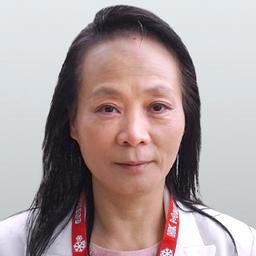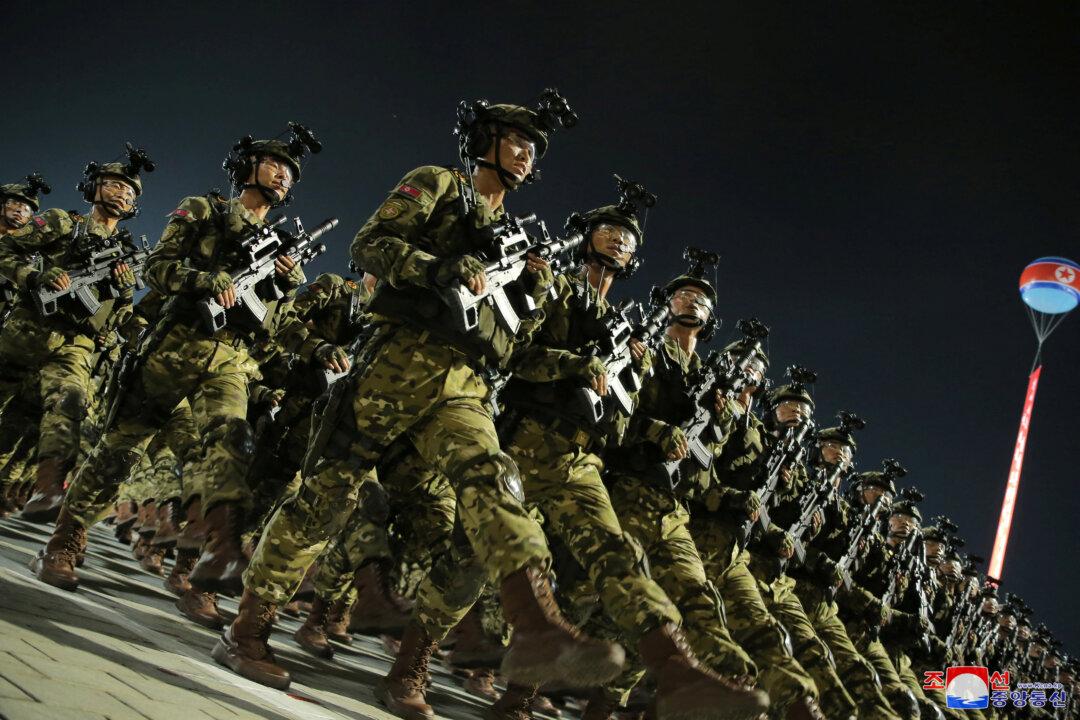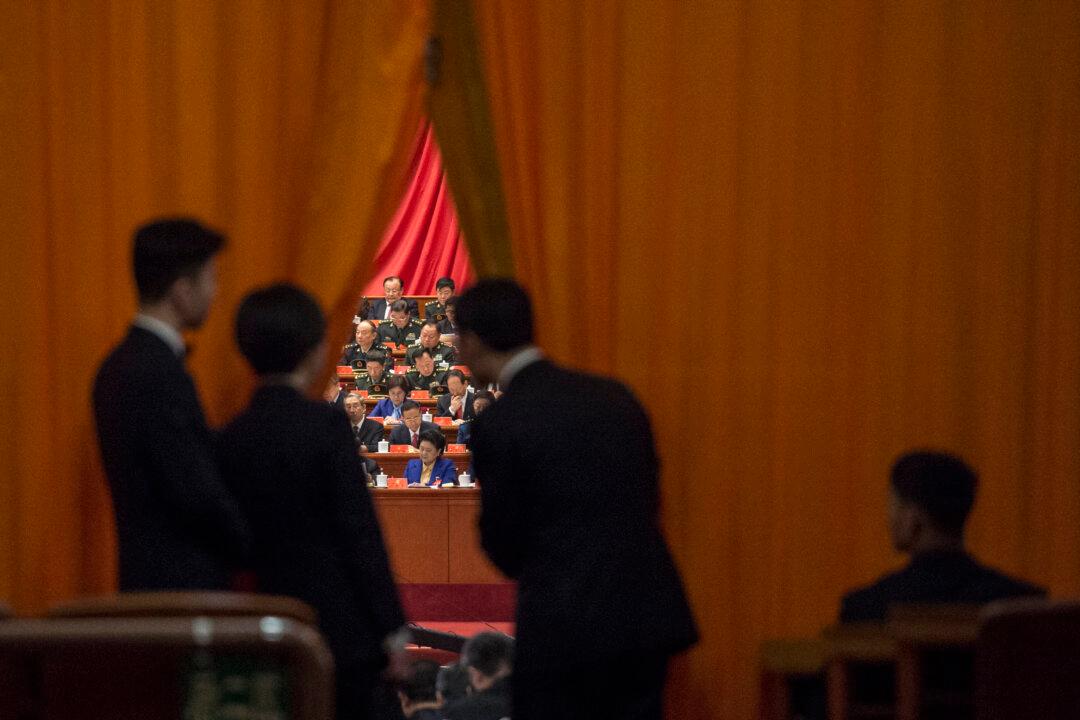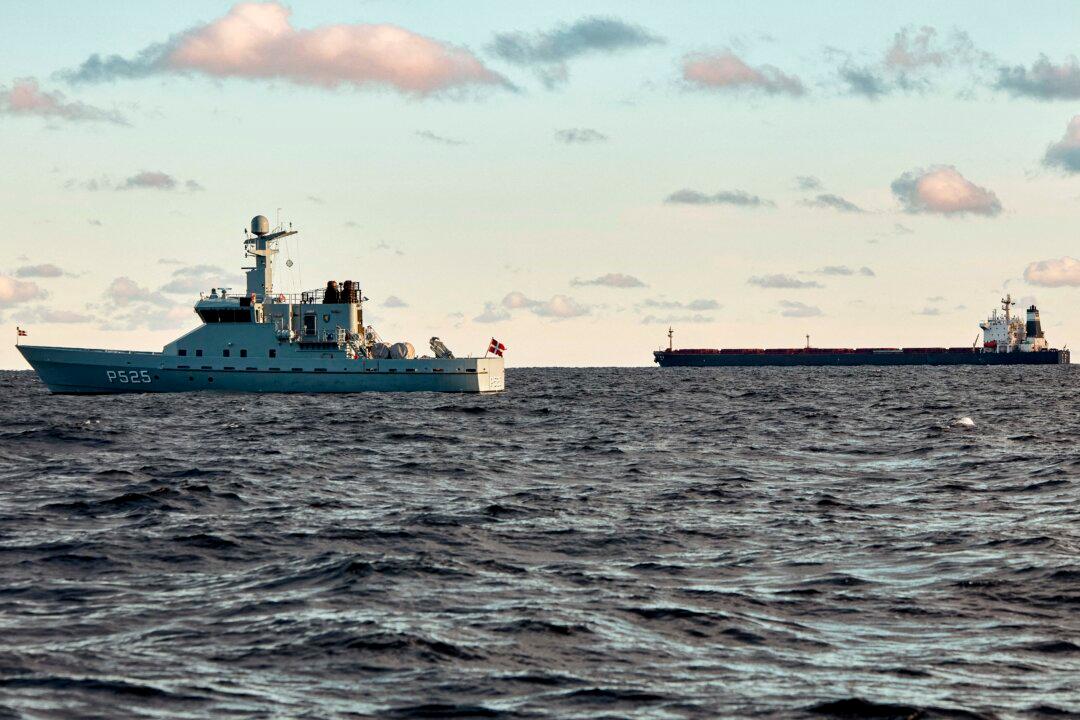Hong Kong Chief Secretary Matthew Cheung Kin-chung apologized on July 26 for the police’s delayed response to the mob violence at the Yuen Long train station, when men in white t-shirts attacked passengers with poles and metal rods, injuring dozens. Police had arrived on the scene 40 minutes after initial emergency calls. By that time, the assailants had already left.
Hong Kong citizens welcomed the apology, but several police associations soon released statements asking Cheung to take back the public apology, and instead apologize to the police.





